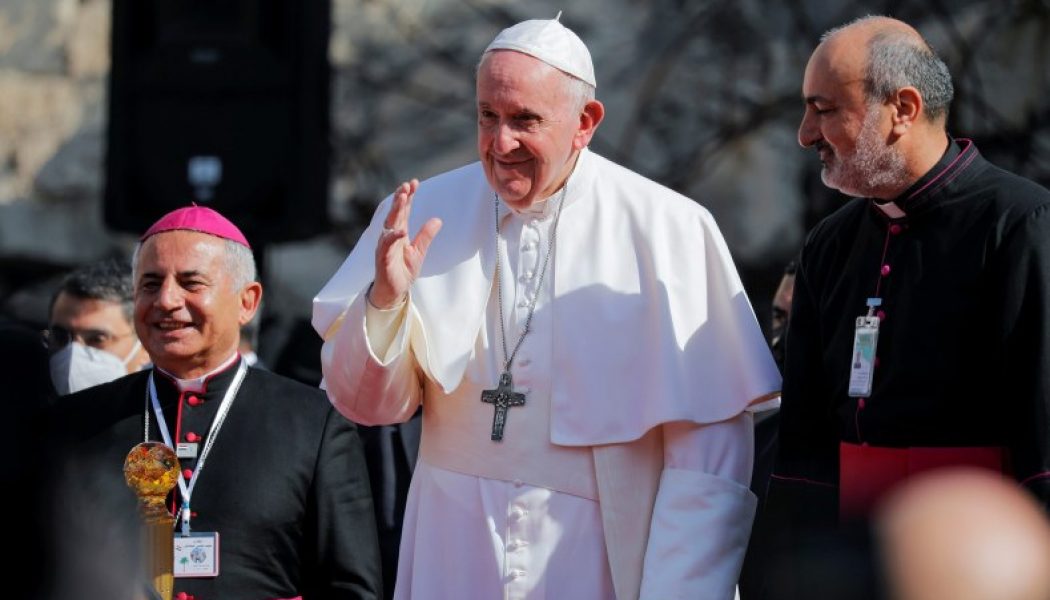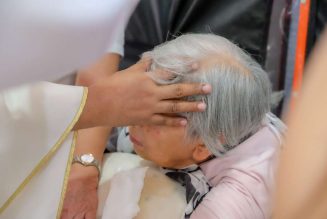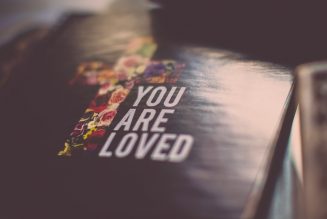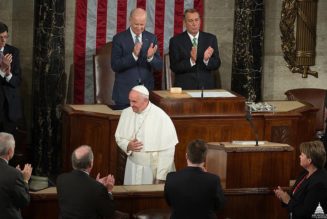
Being a people of hope after a year of COVID-19
On the first-ever papal visit to Iraq, Pope Francis said, “We know how easy it is to be infected by the virus of discouragement that at times seems to spread all around us.” He was talking to a persecuted people, but he was also talking to every one of us.
We’re marking a year since the beginning of the coronavirus pandemic that shut down so much of our normal lives and routines. We lost people, despite precautions, and sometimes because of unwise government orders. If Andrew Cuomo is forced to resign because of accusations of sexual harassment by multiple women, know that the first, grave scandal that he should have had to resign over was his order to send COVID-19 patients from hospitals back into nursing homes and facilities for disabled men and women before they tested negative. He gave plenty of lip service to the notion that every life matters, but how the year played out was another story. On March 10, some Americans celebrated National Abortion Provider Appreciation Day; doctors who perform abortions were likened to frontline essential personnel. That reminded us that in New York and other states with Democratic governors, abortions were considered an essential service, while other lifesaving — rather than life-ending — procedures were delayed.
I find all of that discouraging, even maddening. And many people struggled with depression and despair during this past year, with the social-distancing protocols and closures, and all the isolation that came with them. That may just be deadlier and more enduring than COVID-19. According to the Centers for Disease Control, during the month of June, one of four young people in the United States considered suicide. That’s the pandemic we’re not addressing.
And yet, Pope Francis, in his first trip out of Rome in more than a year, went to Iraq and told it like it is. Since the beginning of our coronavirus era and even earlier, he has had the right diagnosis for our deeper sickness. Much of the news coverage of his Iraq trip focused on his unprecedented visit to the Grand Ayatollah, leader of the Shia Muslims in Iraq. But the heart of the visit was his ministering to the Iraqi Christians who have been genocide victims of the so-called Islamic State. And despite the remarkable visit, before he even stepped on the plane in Baghdad, most of the media and virtual-water-cooler attention had turned to Oprah and Meghan and Harry. And so we missed out on some of what we really need: hope and perspective.
(If you watched Meghan and Harry, I daresay there’s some moral obligation to read or listen to some of what the oppressed religious minorities have been living through. And I guarantee you’ll be better for it.)
As people get their COVID-19 vaccines, Pope Francis has another kind of protection in mind. He said:
We know how easy it is to be infected by the virus of discouragement that at times seems to spread all around us. Yet the Lord has given us an effective vaccine against that nasty virus. It is the hope, it is the hope born of persevering prayer and daily fidelity to our apostolates. With this vaccine, we can go forth with renewed strength, to share the joy of the Gospel as missionary disciples and living signs of the presence of God’s kingdom of holiness, justice and peace.
At his final Mass of the trip, in Erbil, Pope Francis said:
We see how Jesus drove out from the Temple in Jerusalem the moneychangers and all the buyers and sellers. Why did Jesus do something this forceful and provocative? He did it because the Father sent him to cleanse the temple: not only the Temple of stone, but above all the temple of our heart. Jesus could not tolerate his Father’s house becoming a marketplace; neither does he want our hearts to be places of turmoil, disorder and confusion. Our heart must be cleansed, put in order and purified. Of what? Of the falsehoods that stain it, from hypocritical duplicity.
Pope Francis emphasized:
All of us have these — all. They are diseases that harm the heart, soil our lives and make them insincere. We need to be cleansed of the deceptive securities that would barter our faith in God with passing things, with temporary advantages. We need the baneful temptations of power and money to be swept from our hearts and from the Church. To cleanse our hearts, we need to dirty our hands, to feel accountable and not to simply look on as our brothers and sisters are suffering. How do we purify our hearts? By our own efforts, we cannot; we need Jesus. He has the power to conquer our evils, to heal our diseases, to rebuild the temple of our heart.
There’s a real danger that as we return to some semblance of “normal,” we fall into all kinds of false securities again.
Pope Francis was speaking to a resilient people who have been through a purifying experience. The majority of the Christians in Erbil fled there when ISIS came in to Mosul. Their lives were upended because they refused to renounce Christ. Our lives were upended, too — not by genocide but by COVID-19. For some of us, in heartbreaking ways, it was being denied last moments with loved ones. For others of us, it was more a matter of inconvenience and some mental anguish of fear. Could it be that it’s all an opportunity to get our lives in order, to get right with God?
This column is based on one available through Andrews McMeel Universal’s Newspaper Enterprise Association.
Join Our Telegram Group : Salvation & Prosperity








